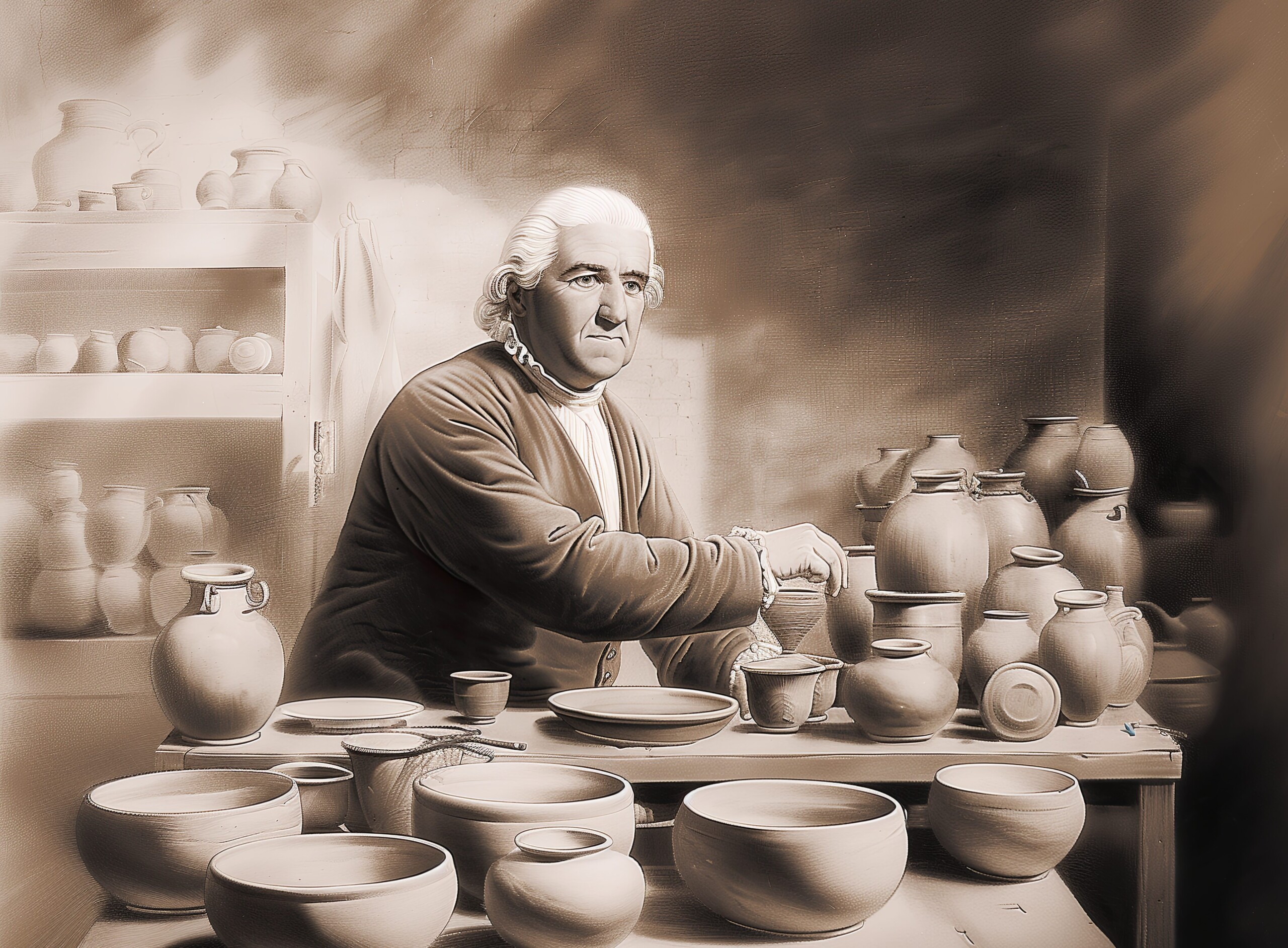Last week on CapX I explained why the theoretical case for foreign aid is, at best, questionable, and why aid’s practical impact on some of the world’s poorest economies may well have been harmful. The case against aid doesn’t stop there. There are also problems with aid delivery and the negative impact of foreign aid on the spread of democracy.
Official aid is disbursed in a plethora of ways. The European Union, for example, gives aid through the European Commissioner for Development and Humanitarian Aid. But individual EU member-states also have their own aid agencies. Europeans also have a strong voice on the governing boards of the World Bank and IMF, which also disburse aid. In addition to those official agencies, there has been a massive increase in the number of aid-promoting non-governmental organizations (NGOs), which also receive and disburse the money of Western taxpayers.
The “aid industry” provides employment for many thousands of people. Consequently, a large percentage of the money spent on foreign aid goes to cover overhead costs, including administration, travel and accommodation. Michael Maren, a former aid worker, writes that the money spent on aid bureaucracies creates perverse incentives. “We have to take advantage of this famine to expand our regular program,” argued one aid official that Maren encountered in Africa. She saw hunger and poverty as “a growth opportunity”. “Whatever the original intentions,” Maren notes, “aid programs had become an end in themselves.”
Dealing with swarms of donors and aid agencies, all of whom require some degree of attention, puts an enormous strain on African bureaucracies. The time and effort spent on dealing with the needs of foreign donors rather than concentrating on the population has further distanced African governments from their electorates. Working with aid organizations operating in Kenya, for example, became such a problem that the “government and donors… agreed on some principles of partnership that included a ‘quiet time’ between May 1 and June 30 each year.”
Moreover, effective and efficient delivery of aid by a multitude of actors has proved to be an insurmountable challenge. Often, it has resulted in “duplication” of their efforts. Thus, “monitoring surveys indicate that limited progress has been made toward coordination goals by the United States or donors in general.” In Ethiopia, for instance, government officials spend “half to one-third of their time” participating in “coordination meetings” with a multitude of NGOs, international aid agencies and bilateral donors.
Also, many foreign donors have their own agendas that may be detrimental to the welfare of the very people they are supposed to be there to help. Like the 19th-century European missionaries who went to Africa to spread their idea of a “good life”, modern day aid missionaries have found in Africa a fertile ground for social experiments that would never be accepted in their home countries. Tanzania, for example, is still recovering from an attempt to centrally plan the economy, the so-called “Ujaama” policy of collectivization that was bankrolled to the tune of $10 billion by socialist governments in Scandinavian countries in the 1970s and 1980s. Similarly, some Western NGOs, like Oxfam, have urged African countries not to liberalise their trade regimes even though there is a general consensus among academics that free trade is an important source of economic growth and prosperity.
Research also suggests that some aid ends up in the pockets of government bureaucrats instead of reaching the intended beneficiaries. During a 2012 panel on economic and social policy, then World Bank President Ban Ki-moon claimed that 30 per cent of development aid “failed to reach its final destination”. A leaked 2009 cable from the U.S. embassy in Nairobi revealed that $1.3 million in aid for schools was “misappropriated” and another $17.3 million worth of textbooks purchased with aid dollars was “lost” by government officials.
Aid also encourages rent-seeking in recipient countries. Special interest groups and individuals focus their efforts not on being productive, but on lobbying government officials in order to get access to aid. In that way, aid reduces potential economic output and encourages corruption and political conflict.
Moreover, by transferring resources to the favored projects of government officials, competition among domestic producers is undermined. As a result of government favoritism, parts of the domestic consumer base may become captive to firms that provide shoddy and expensive goods and services.
Similarly, aid can undermine the international competitiveness of African exports by artificially strengthening the local currency. As researchers at the IMF found, “aid inflows have systematic adverse effects on a [recipient] country’s competitiveness, as reflected in a decline in the share of labor intensive and tradable industries in the manufacturing sector. We… [found] evidence suggesting that these effects stem from the real exchange rate overvaluation caused by aid inflows.”
Making these matters worse is the lack of accountability and feedback in the aid industry. Very few aid agencies and virtually no individuals are directly responsible for specific outcomes. Independent evaluations of the effectiveness of donor efforts to alleviate poverty or to arrest the spread of disease, for example, are very rare. Moreover, the donors often determine what they will supply without much regard for what is actually needed. This top-down approach has most spectacularly failed to alleviate poverty in Africa where government accountability is weak and institutional deficiencies extensive.
But does aid, in spite of the many problems with its delivery, promote democracy? Many people, including former UN secretary general Kofi Annan, have argued that it does. Researchers from the World Bank, however, found no evidence that aid promoted democracy between 1975 and 2000. In fact, the aid agencies have repeatedly bankrolled some of the world’s most unsavory regimes. According to one study, “The world’s 25 most undemocratic government rulers (out of 199 countries the World Bank rated on democracy) got a sum of $9 billion in foreign aid in 2002. Similarly, the world’s 25 most-corrupt countries got $9.4 billion in foreign aid in 2002.”
Other research goes further, suggesting that aid may hurt democratic development in developing countries. That may be the case for several reasons. Aid helps to undermine democratic accountability in Africa, because African governments find themselves increasingly answerable to the donors, not to the public. Government spending proposals, for example, allocate funds in accordance with the advice of foreign experts rather than the wishes of the electorate.
Aid encourages military spending. Since aid is fungible, it helps some recipient governments free up resources for military purchases that would otherwise be spent on roads and education, for example. Consider the World Bank’s recent contribution of $180 million toward the building of the Chad-Cameroon oil pipeline. Fearing that the oil revenue would be misspent, the World Bank got the Chadian government to commit to spending it on education, health, and infrastructure. What was the result? “The first $4.5 million received as a signing bonus from the oil companies was used to buy weapons—and it is estimated that as much as $12 million may be diverted to buy arms.”
In fact, Professor Paul Collier of Oxford University found that “something around 40 per cent of Africa’s military spending is inadvertently financed by aid.” Aid may also fuel armed competition for resources. There is some evidence, for example, that Somalia’s civil war was prolonged by the competition between different factions for the large amounts of food aid that the country was receiving.
A growing number of Africans question the effects of foreign aid on economic growth and democracy in Africa. President Paul Kagame of Rwanda, for example, has urged Africans “to be honest about the consequences of aid dependence,” for “what really matters most for socio-economic transformation is private capital.” He has called on African governments to create policy environments in which entrepreneurs can flourish. Others, like Ugandan journalist Andrew Mwenda, have pointed to the negative political impact of aid. According to Mwenda, “foreign aid… is providing the government with an independent source of ‘unearned’ revenue. That allows the government to avoid accountability to Uganda’s citizens.” Unfortunately, when Mwenda spoke out against further aid at the 2007 TED Conference, the enraged Irish musician Bono heckled Mwenda with shouts of “Bollocks!” and “That’s bullshit.”
Not only has aid failed to deliver growth in Africa. It hasn’t helped democracy either. Western donors, including the United Kingdom, should re-evaluate their commitment to further disbursements of aid to the continent.
This first appeared on CapX.



